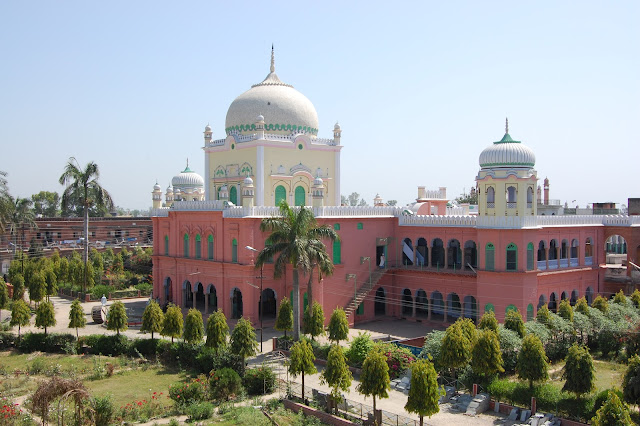Why Mood See-Sawed In Run-Up To 2008 Jammu & Kashmir Polls

Sameer Arshad Khatlani Follow on Facebook I n the second year of my decade-long stint with the Times of India, I got what I then thought was my first big break — covering the 2008 Jammu and Kashmir assembly elections. My mentor late Ranjan Roy agreed to depute me for the coverage at the request of Rashmee Roshan Lall, who was then the paper's weekend editor. I was at the top of my game thanks to Ranjan and Rashmee's support and encouragement at the beginning of the best phase of my professional life. I could not wait and hopped on to a bus as soon as I arrived in Srinagar to Pattan near Srinagar to meet Member Of Parliament Abdul Rashid Shaheen, who was contesting the elections on a National Conference (NC) ticket. Shaheen, who had seen better days in politics, appeared downcast. He was in his living room addressing half-a-dozen supporters when I walked in. Shaheen spoke about NC's heyday when iconic Sheikh Abdullah, the NC founder, held sway over the Kashmiris. Also Read ...





